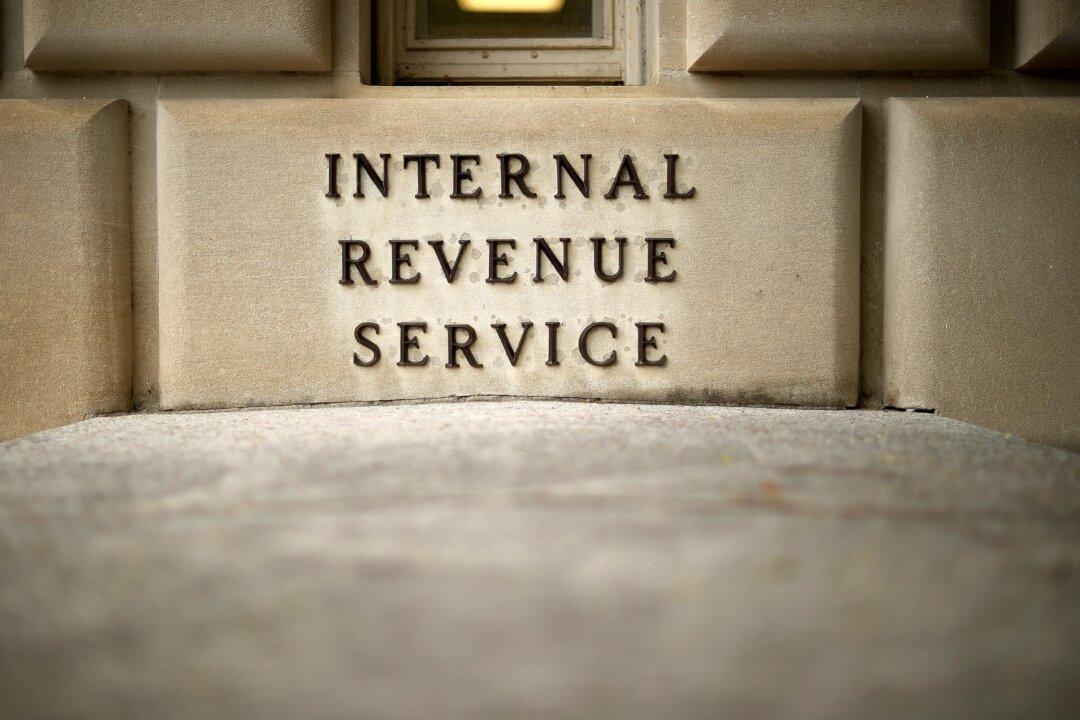The Internal Revenue Service (IRS) is sending $1.2 Billion in refund or credits to more than a million Americans who filed their taxes late in the first months of the pandemic, according to an announcement on Sept. 12.
Americans who missed the deadline for their 2019 or 2020 tax returns, and who have already paid a fine, may receive an automatic refund for late-filing penalties by the end of September.





